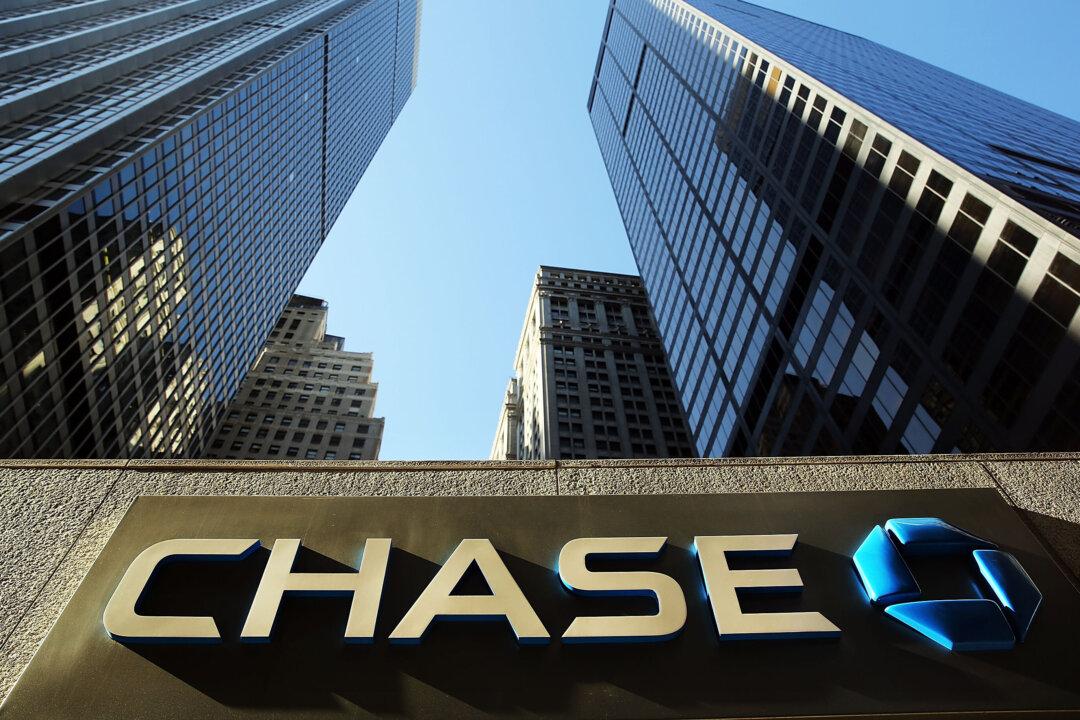Chinese investments in the United States reached a record high of $18.4 billion in the first half of 2016—up three times compared to the same period last year, and more than the total value of investments last year ($15.3 billion).
Strong mergers and acquisitions activity (M&A) accounted for the majority of the incoming Chinese capital, said research firm Rhodium Group.
With the stock market crash in China that began in June 2015, the flow of outbound investment from China to the rest of the world soared. With growing uncertainty about exchange rates, as well as the economic and political outlook, investors are seeking to stash away capital in safe havens like the United States.
“The rapid growth of Chinese outbound FDI (Foreign Direct Investment) in the first half of 2016 has triggered political reactions both in China and host economies,” Rhodium stated in a report released July 22.

This capital flight has led to a further deepening of FDI deficit in China’s balance of payments. So Chinese regulators are increasing their scrutiny of outbound investment transactions.
“China’s leadership continues to pledge its commitment to further external liberalization, but concerns about capital outflows have clearly grown and the State Administration of Foreign Exchange (SAFE) and other regulators have taken informal steps in recent months to ’manage' the outflow of foreign exchange,” the research firm said in its report.





